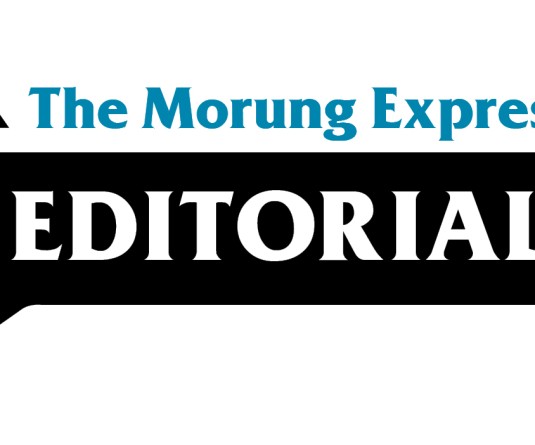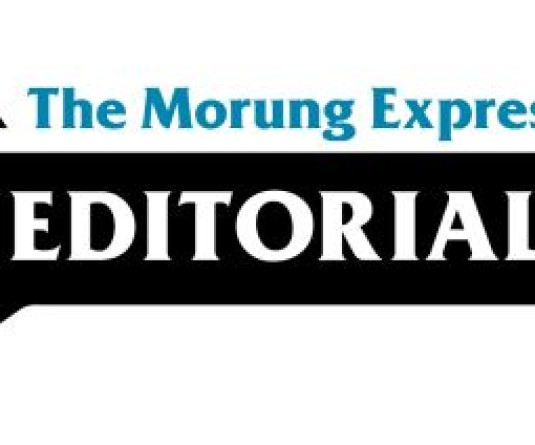
Dr AsangbaTzudir
In today’s fast evolving media landscape, the role of the press in Nagaland has never been more crucial. As the fourth estate, the media holds a very integral position in shaping public opinion, influencing policy, and holding accountable power. However, with this power comes a greater responsibility, particularly in a place like Nagaland, where social, political, and cultural dynamics are not only unique but also sensitive.
Besides the diversity and cultural heritage, Nagaland has a political history which is complex, with decades of socio-political unrest, identity struggle, and also the larger struggles for development. In such a scenario, the media has a key role of not only disseminating knowledge and information and informing the public but also contributing towards maintenance of peace, and social cohesion.
However, the rise of digital platforms, social media, and instant news updates has drastically changed how information is disseminated. The race for breaking news and viral content often sidelines the core principles of journalistic ethics of accuracy, fairness, impartiality, and responsibility. In Nagaland, where misinformation can quickly escalate tensions, the careless spread of unverified news poses serious risks to community harmony and especially when its not the whole truth or just half of the story.
Also the trend of proliferation of online 'news' sources and social media influencers further complicates the situation. Unlike traditional newspapers and established media houses that are bound by editorial standards, many online platforms operate without accountability or responsibility, spreading rumours or biased narratives for sensationalism or political gain. Such irresponsible practices not only mislead the public and also undermine trust in legitimate journalism.
This calls for strengthening of Media ethics in Nagaland. First and foremost, journalistic integrity should be the overall guiding principle. This is where fact-checking and balanced reporting, especially when covering sensitive topics such as political conflicts, tribal disputes, or religious matters becomes very crucial. The media must avoid becoming a tool for political propaganda or a platform for spreading hate speech or reinforcing stereotypes or propagating false narratives. Also the understanding of 'truth' in media goes beyond facts, and should not be dissociated from responsibility.
With the emerging media landscape, there is a need for media literacy among the public. Readers must be encouraged to critically evaluate sources, verify information, and avoid spreading unconfirmed news. Educational institutions and civil society organizations can play an responsible role in promoting critical media awareness, thereby empowering citizens to be responsible consumers of information.
Regulatory bodies and professional associations should update ethical guidelines to reflect the challenges of the digital age and that there is no grey area. Freedom of the press must be protected at any cost, however, clear standards should be laid so as to prevent the abuse of this freedom. Such guidelines are necessary to address cases of misinformation, defamation, and unethical reporting.
Most importantly, media in Nagaland must embrace its role as a unifying force by focussing on stories that promote cultural understanding, positive development, and peacebuilding. Investigative journalism needs to be encouraged highlighting issues of corruption, injustice, and marginalization and which can contribute to a healthier democracy and a more informed public.
As the media landscape continues to change, the responsibility of journalists and media houses in Nagaland becomes greater than ever before. Ethical journalism is not just about reporting facts but lies in shaping a responsible public discourse, fostering peace, and contributing to the common good of the citizens. In a society as diverse and sensitive as ours, media must rise to the challenge, embracing integrity, accountability, and the pursuit of responsible truth in service of the people.
(Dr AsangbaTzudir writes a weekly guest editorial for The Morung Express. Comments can be emailed to asangtz@gmail.com)





